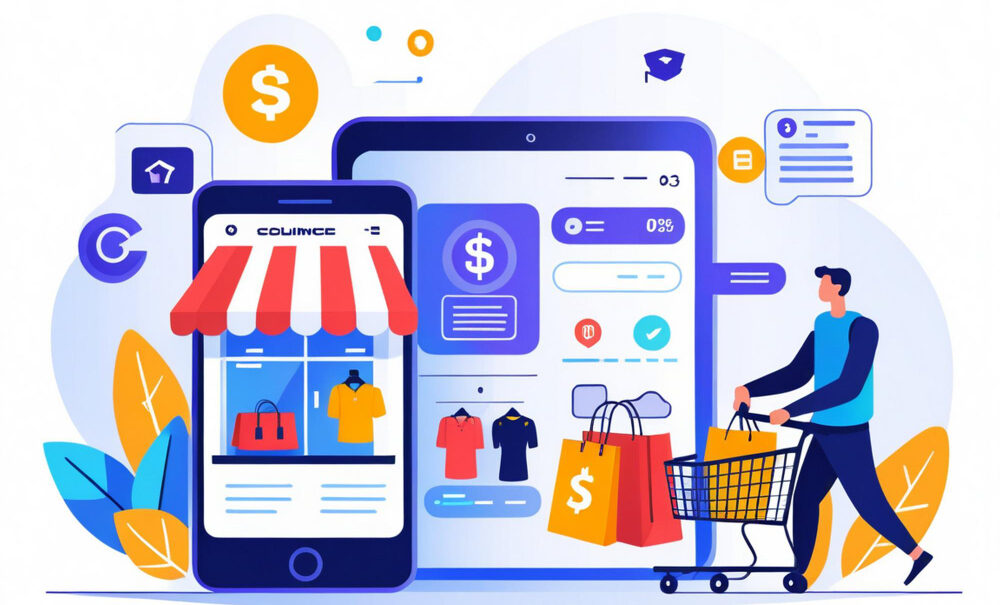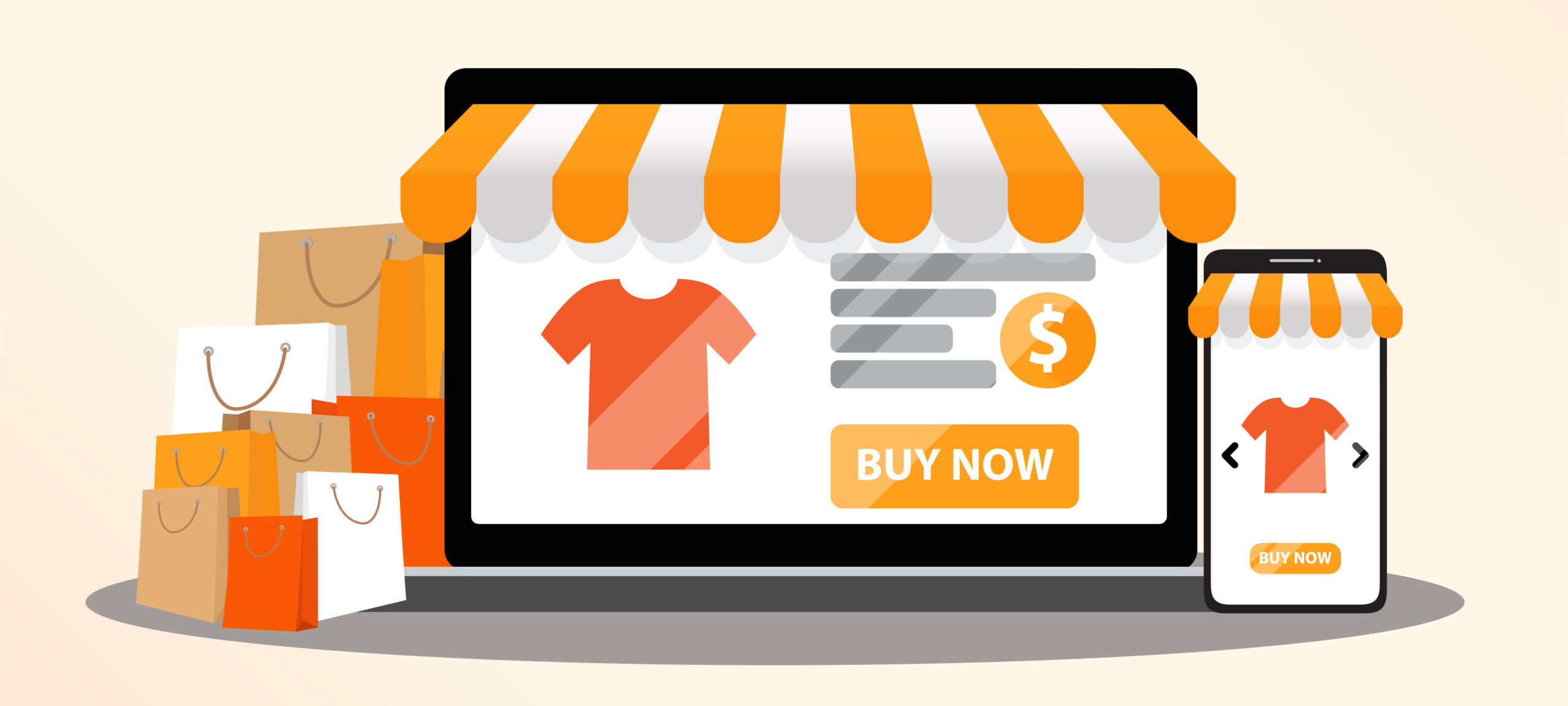Building an Efficient Online Store: Essential Apps and Tools to Consider
- 1 Understanding the Core Functions of an Online Store
- 2 Key Categories of Essential Tools and Apps
- 2.1 1. Inventory Management Apps
- 2.2 2. Customer Relationship Management (CRM) Tools
- 2.3 3. Marketing Automation Platforms
- 2.4 4. Analytics and Reporting Tools
- 2.5 5. Shipping and Fulfillment Apps
- 3 Finding Apps that Support Your Online Store
- 4 The Role of Customer Experience in E-commerce Success
- 5 Conclusion
Success in today’s digital market relies heavily on an efficient online store that works seamlessly, whether starting from scratch or expanding an existing e-commerce operation. For the latter task, investing in essential tools and applications – like Shopify apps for sale – could make all the difference to its performance and streamline operations.
Understanding the Core Functions of an Online Store
An online store performs several core functions, including product listing, payment processing, and customer service. Each area requires individual attention and resources to run efficiently; having the appropriate tools will increase functionality while offering customers a better customer service experience.
Key Categories of Essential Tools and Apps

To build an effective online store, you must consider a range of essential tools and apps. Here are a few key areas of focus.
1. Inventory Management Apps
Effective inventory management is crucial for online retailers. Inventory apps help retailers keep tabs on stock levels, monitor product availability, and oversee reorder processes more easily than ever. Look out for features such as real-time updates, automated alerts for low stock levels, and integration into existing sales platforms to prevent stockouts while ensuring customers find precisely what they’re searching for!
2. Customer Relationship Management (CRM) Tools
Building strong customer relationships is integral to long-term business success, and CRM tools enable you to do just that. By managing customer interactions and sales history efficiently and personalizing communication channels using features like automated follow-ups or segmentation analysis, you can gain greater insights into audience preferences that enable tailored marketing efforts and foster loyalty while driving repeat business.
3. Marketing Automation Platforms
Marketing automation can save time and increase customer engagement by automating repetitive tasks such as scheduling social media posts or sending email campaigns, as well as tracking the effectiveness of marketing strategies. With automation tasks taken care of for you, more time can be dedicated to producing valuable content while connecting with audiences. Look for tools with analytics features to measure campaign performance and optimize the approaches taken.
4. Analytics and Reporting Tools
Metric tracking is critical to making smart business decisions and providing valuable insight into customer behaviors, sales trends, and website visitor patterns. By analyzing this data, you can pinpoint areas for improvement while adapting strategies accordingly. Key features to look out for in analytics tools include customizable dashboards, real-time reporting, and KPIs that align with business goals.
5. Shipping and Fulfillment Apps
Efficient shipping processes can make an immense difference in customer satisfaction. Hence, using shipping and fulfillment apps to manage orders, calculate shipping costs, track delivery times, and offer various delivery options can enhance the overall customer experience. Considering which features integrate into your e-commerce platform or provide real-time tracking to keep customers updated about their orders is vital to customer service success.
Finding Apps that Support Your Online Store
When selecting apps for your online store, consider factors like compatibility, ease of use, and customer support as you evaluate apps for compatibility, usability, and customer support. Not every tool may suit your unique requirements, so make sure to research options carefully and read reviews as you find free trials when available so you can see if each fits into your workflow and helps achieve business goals over time.
The Role of Customer Experience in E-commerce Success
Creating a positive customer journey should be at the top of every retailer’s agenda. Implementing tools that enhance this experience by streamlining navigation, personalizing product recommendations, and offering seamless checkout processes may all increase customer satisfaction while potentially driving increased conversion rates. Chatbots may provide immediate customer support while personalized shopping assistants help guide visitors directly towards products they may love – these improvements could increase conversion rates while simultaneously improving customer loyalty.
Conclusion
Integrating the right tools and apps is integral to running an efficient e-commerce store. Focusing on inventory management, customer relationships, marketing automation, analytics, and shipping will allow your store to run better for its customers and you. Don’t forget that staying informed of tools available helps align them with business goals – while taking a peek at Shopify apps available can unlock innovative solutions that elevate e-commerce businesses like your own.
















